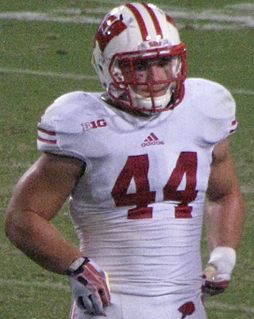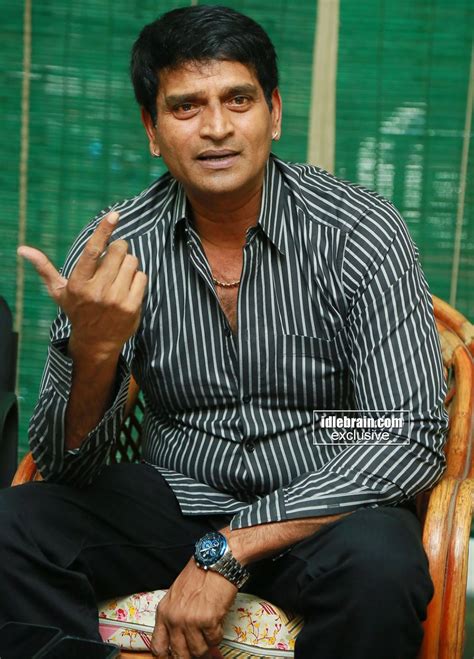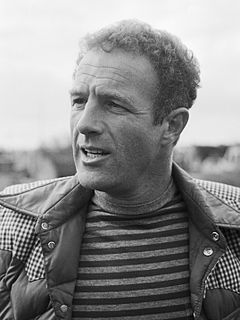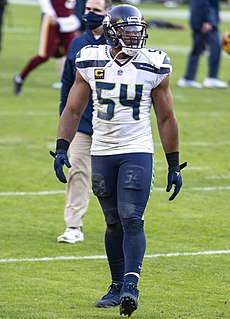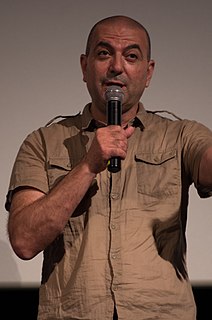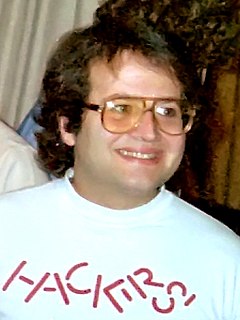A Quote by Lee Isaac Chung
I thought about quitting filmmaking, just because it was becoming so difficult for me.
Related Quotes
The challenge is simple: Quitting when you hit the Dip is a bad idea. If the journey you started was worth doing, then quitting when you hit the Dip just wastes the time you’ve already invested. Quit in the Dip often enough and you’ll find yourself becoming a serial quitter, starting many things but accomplishing little. Simple: If you can’t make it through the Dip, don’t start. If you can embrace that simple rule, you’ll be a lot choosier about which journeys you start.
Once I realised that my job as a model was to emote in front of the camera, I thought, 'Well now, I just have to add words, and I can do films.' But also, my success as a model made me more confident about becoming an actress because, just in case I failed, I thought, 'Well, you know, if I failed as an actress, I can do another job.'
I felt like I was a writer, and I just thought filmmaking was the best way for me to express that, because it allows me to embrace the visual world that I love. It's allows me to interact with people, to be more social than fiction or poetry, and it felt like the right way for me to tell the stories that felt pressing to me.
I had great, great times as a Little League coach. People were talking about me quitting acting, and they would say, What about your creative juices? Coaching is creative, because you could take a kid who thought he wasn't any good and, within four minutes, change his mind. And I didn't have to wait six months for them to put music to it.
When I studied with Nicholas Ray he was always telling us, "If you want to make films, watch a lot of films, but don't just watch films, go take a walk, look at the sky, read a book about meteorology, look at the design of people's shoes. Because all of them are part of filmmaking." So I thought, perfect! That's a good job for me.



